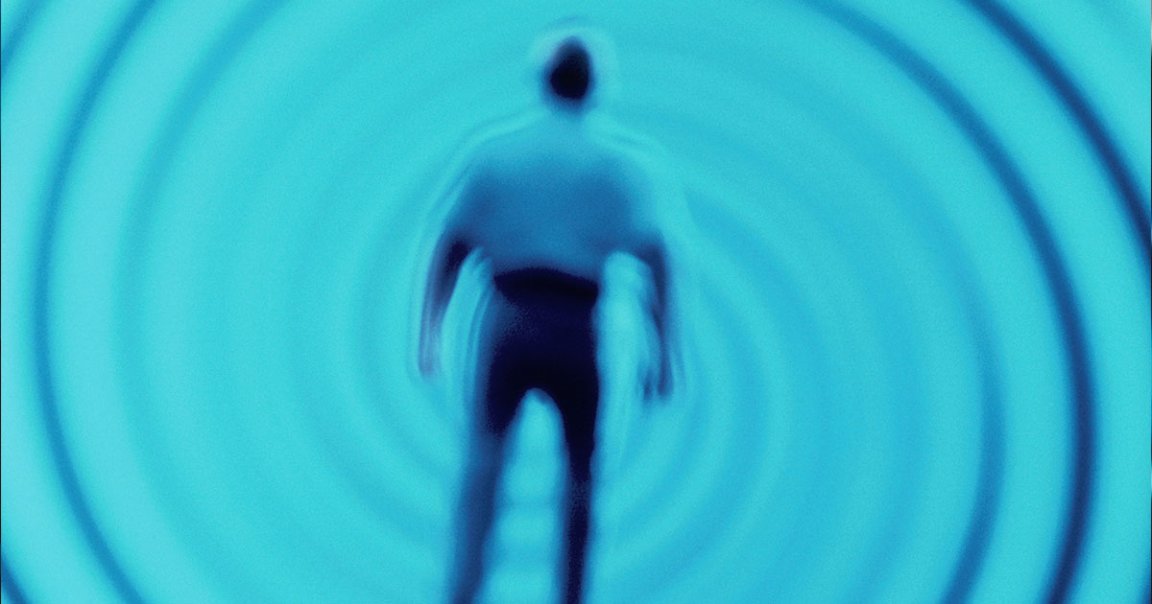
A white supremacist took the party drug MDMA as part of a controlled science experiment, the BBC reports, and it proved so life-changing that he dropped his racist, bigoted beliefs.
“This is stuff you can’t really put into words, but it was so profound,” the now former white supremacist identified as Brendan told the broadcaster. “I conceived of my relationships with other people not as distinct boundaries with distinct entities, but more as we-are-all-one.”
Recently, scientists have been looking at MDMA, also known as “ecstasy” or “molly,” in a therapeutic setting to treat PTSD and depression. But experiences like Brendan’s, as detailed in a 2021 paper published in the journal Biological Psychiatry, are making some researchers consider whether the drug has the ability to “influence a person’s values and priorities” as well.
Brendan joined a fraternity at the University of Illinois Urbana-Champaign, according to the report. Surrounded by conservative Republicans, he started reading antisemitic books, absorbed hateful content online, and listened to Donald Trump’s speeches.
Later, activists at Chicago Antifascist Action exposed his identity and Brendan subsequently lost his job and was shunned by family and friends.
In early 2020, Brendan answered a Facebook ad to participate in a University of Chicago drug trial so that he could make some money. During the course of the experiment, he took 110 mg of MDMA and started feeling funny as the drug triggered a wave of feel-good chemicals in his brain. He felt a sense of connection and reportedly began to question his bigoted beliefs.
Afterward, Brendan sought out dialogue with the same activist at Chicago Antifascist Action who exposed him. Along with books, therapy, and meditation, Brendan also hired a diversity, equity, and inclusion consultant to help him on his journey of shedding his racist beliefs.
“I think he is trying to better himself and work on himself, and I do think that experience with MDMA had an impact on him,” the activist told the BBC.
Besides Brendan, there is at least one other documented case of MDMA swaying the racist views of a person. The BBC reports that a pilot took the party drug as part of an experiment in the 1980s, and while under the influence, he saw that racism was wrong.
This month, a team of researchers published a paper in the journal Nature that detailed how MDMA and other psychedelics open up a “critical period,” a moment in brain development that typically appears in childhood, where the brain is more malleable and more open to learning new concepts.
With that in mind, can MDMA and other psychoactive drugs also encourage people to rethink long-held beliefs and help them find a path toward reconciliation? While researchers are still far from being able to answer that question, if ever, there are some promising early signs.
In 2021, a team of researchers published promising results from a study that had Palestinians and Israelis take ayahuasca, a plant-based psychedelic drink used in spiritual ceremonies in South America.
“This inquiry has revealed that psychedelic ceremonies have the potential to contribute to peacebuilding,” the paper reads. “This can happen not just by ‘dissolution of identities,’ but also by providing a space in which shared spiritual experiences can emerge from intercultural and interfaith exchanges.”
Natalie Ginsberg, one of the study’s co-authors and global impact officer at the Multidisciplinary Association for Psychedelic Studies, which is devoted to research and education on MDMA, told the BBC she sees potential in using the party drug as a way to bring people together in the future.
Right now, MDMA is a Schedule 1 substance, meaning that it’s illegal to possess and use in the United States. Ginsberg’s advocacy hopes to change that with dialogue and future research on the therapeutic properties of MDMA.
“I think all psychedelics have a role to play, but I think MDMA has a particularly key role because you’re both expanded and present, heart-open and really able to listen in a new way,” Ginsberg told the BBC. “That’s something really powerful.”
More on MDMA: Therapists Are Now Giving Patients *Checks Notes* MDMA